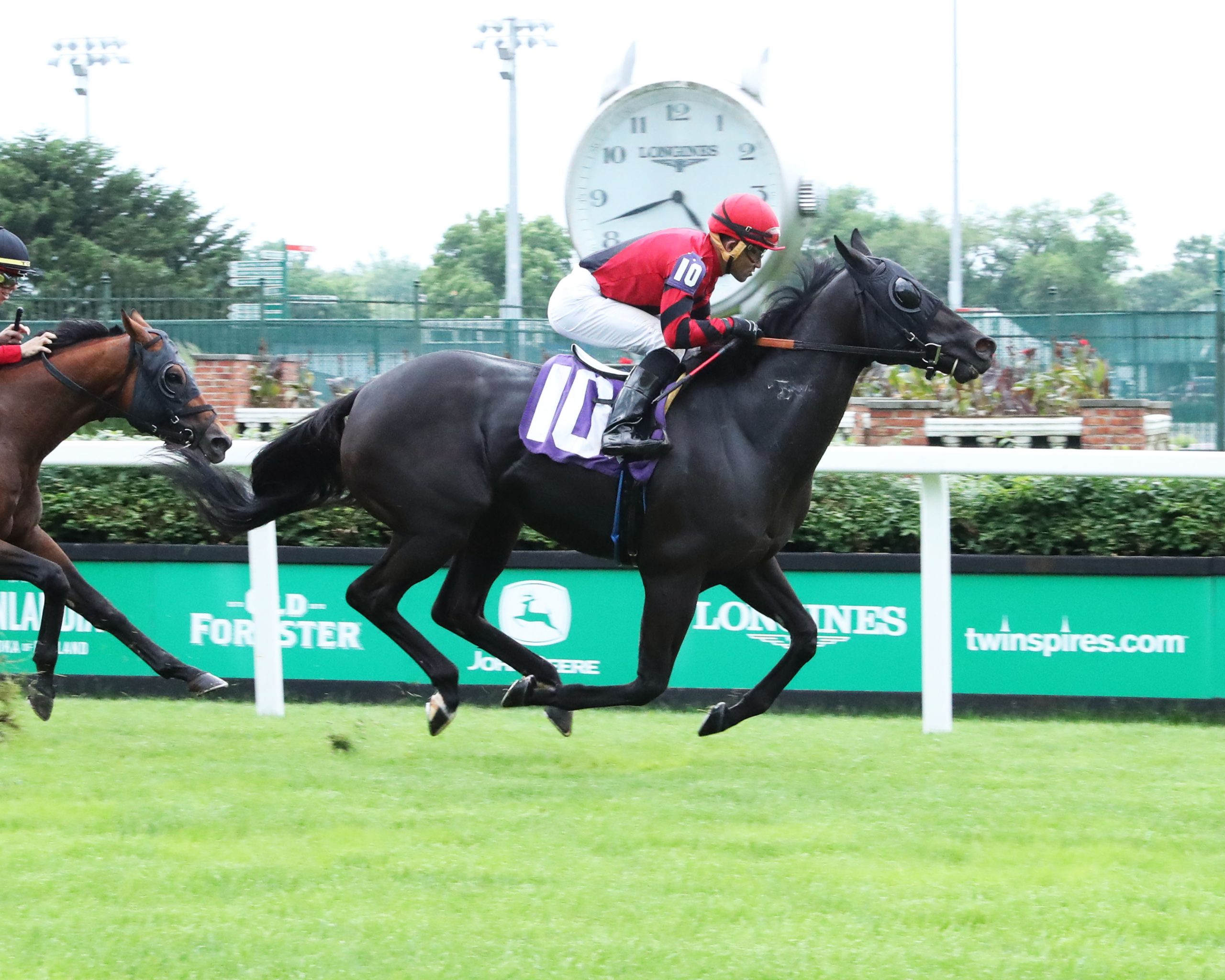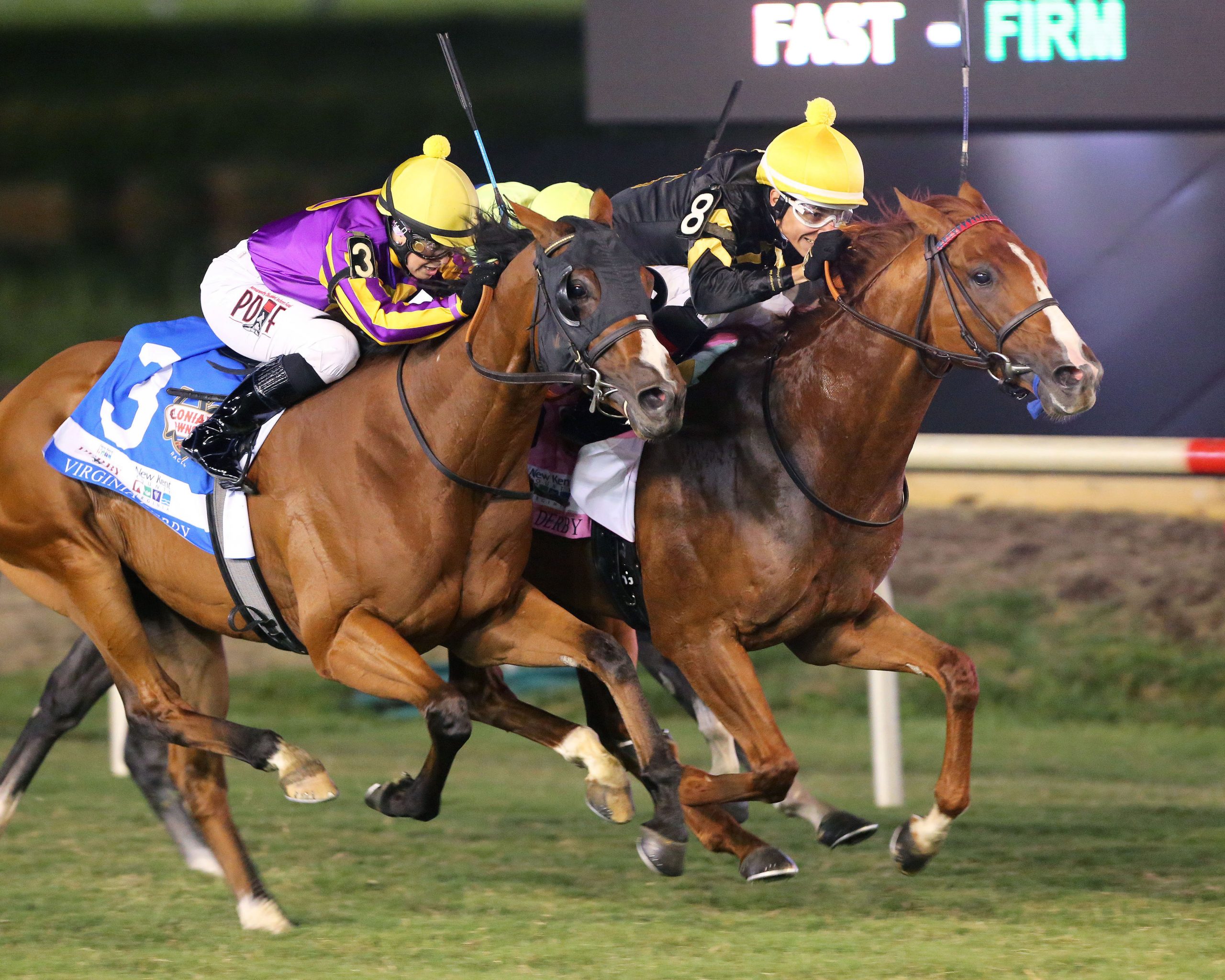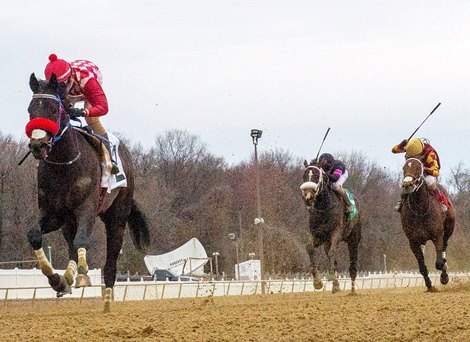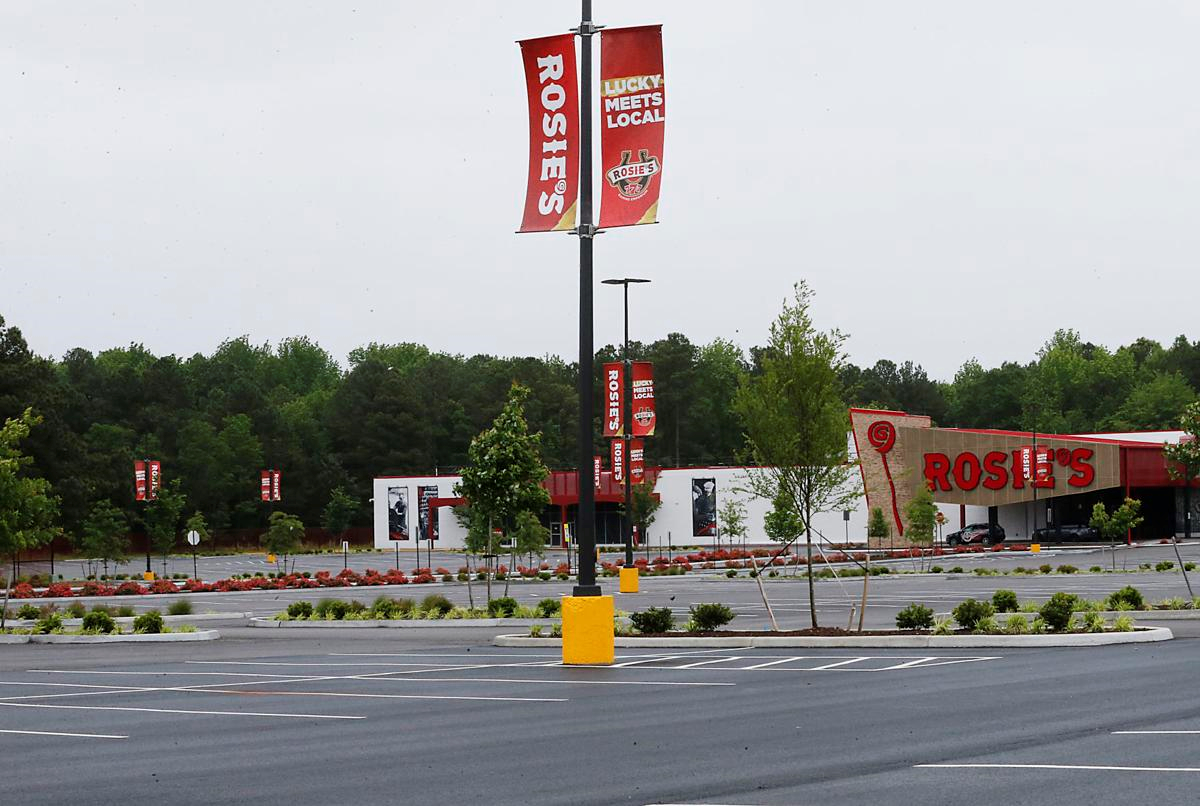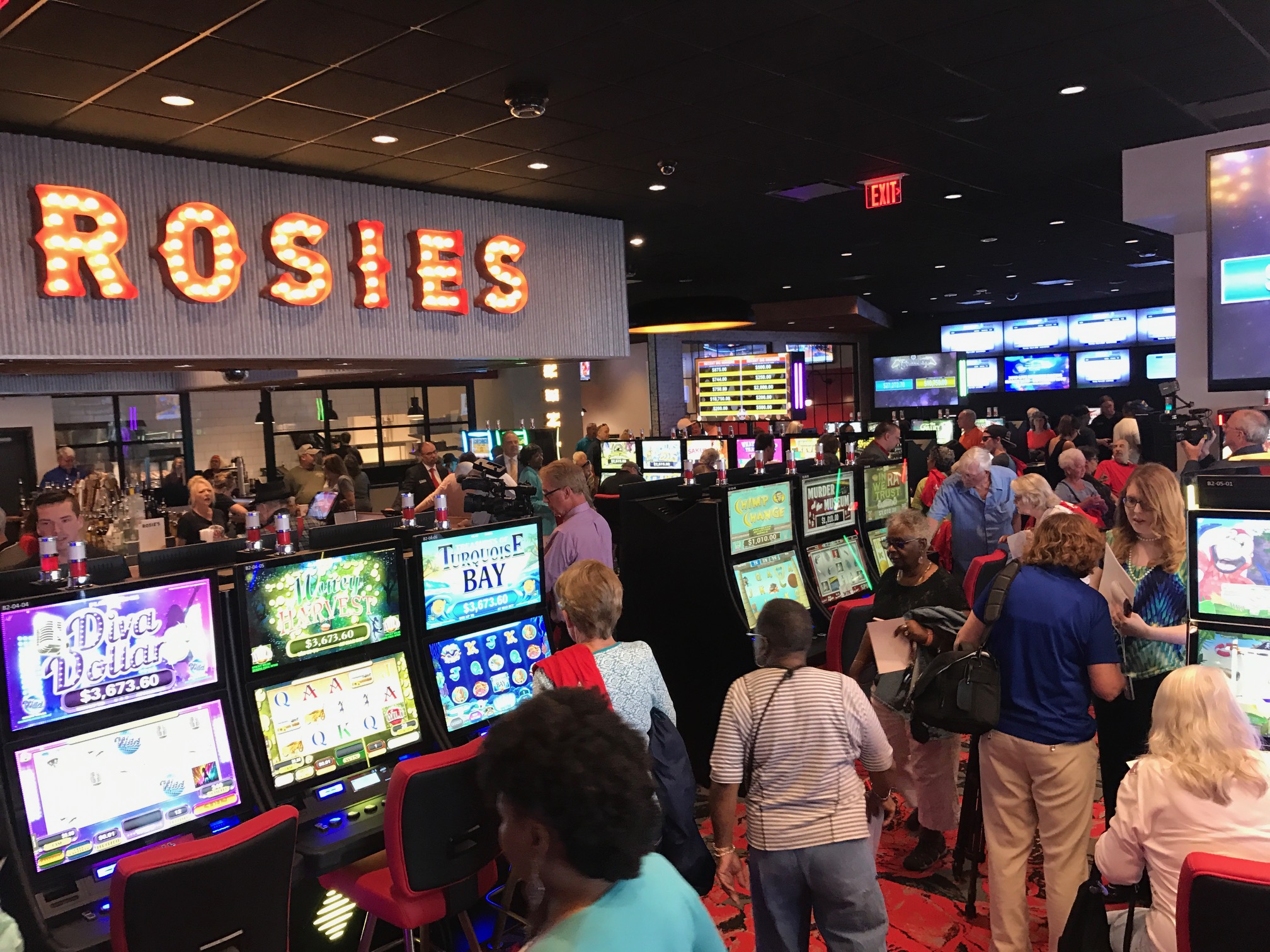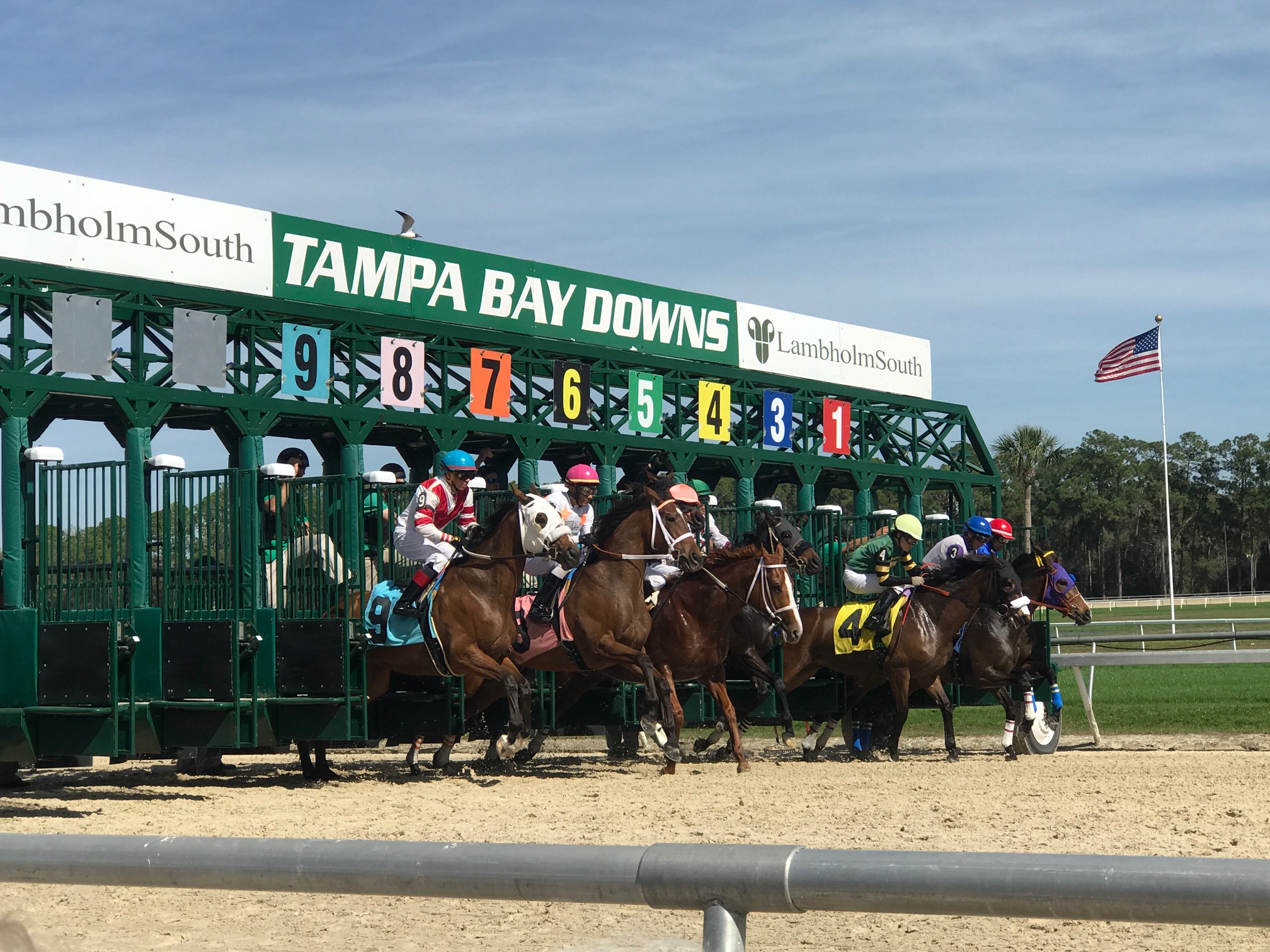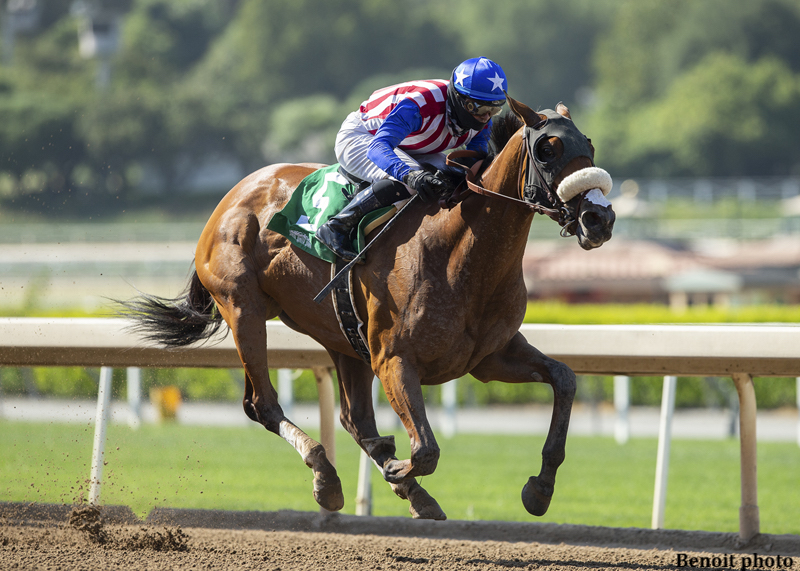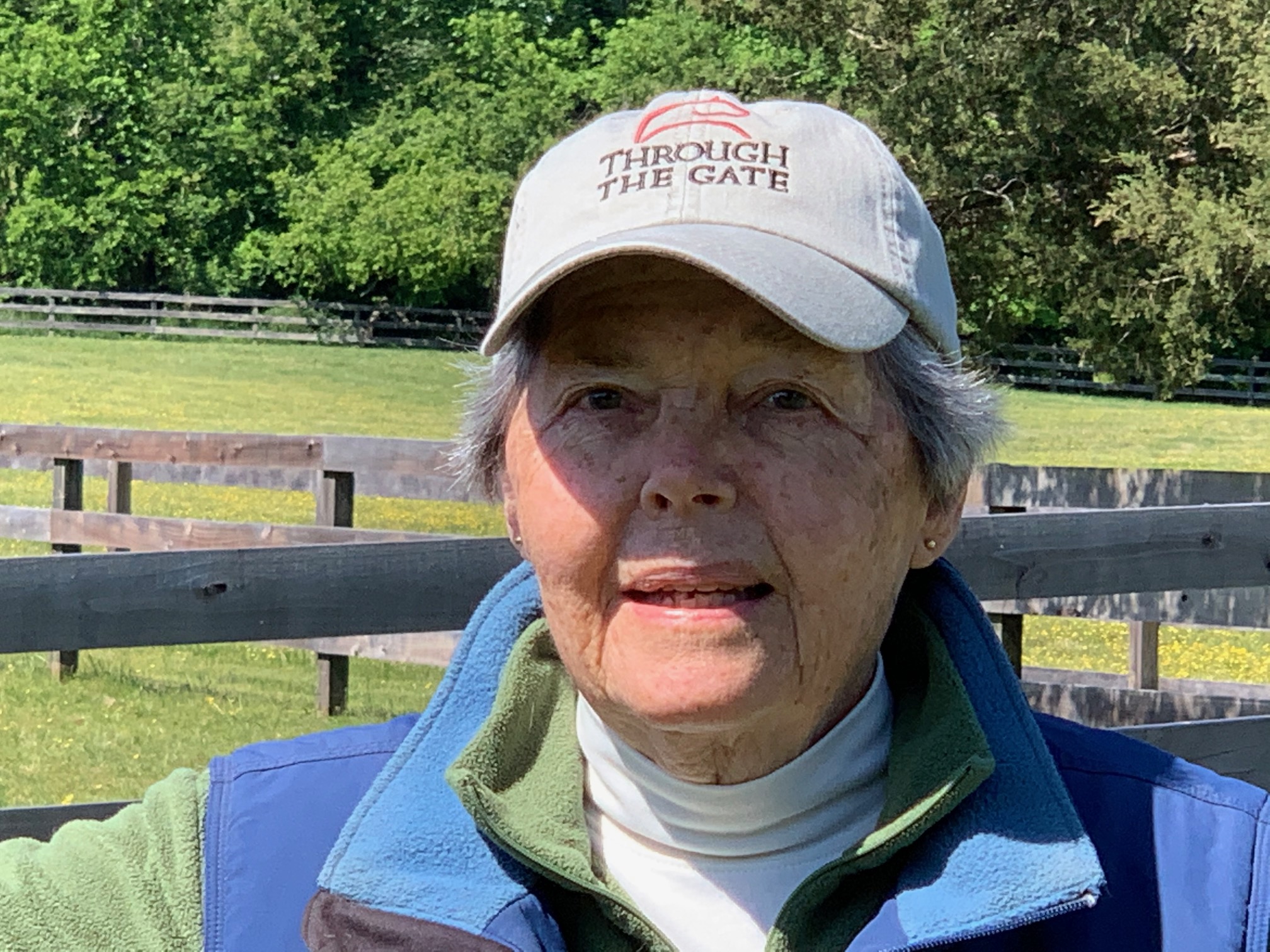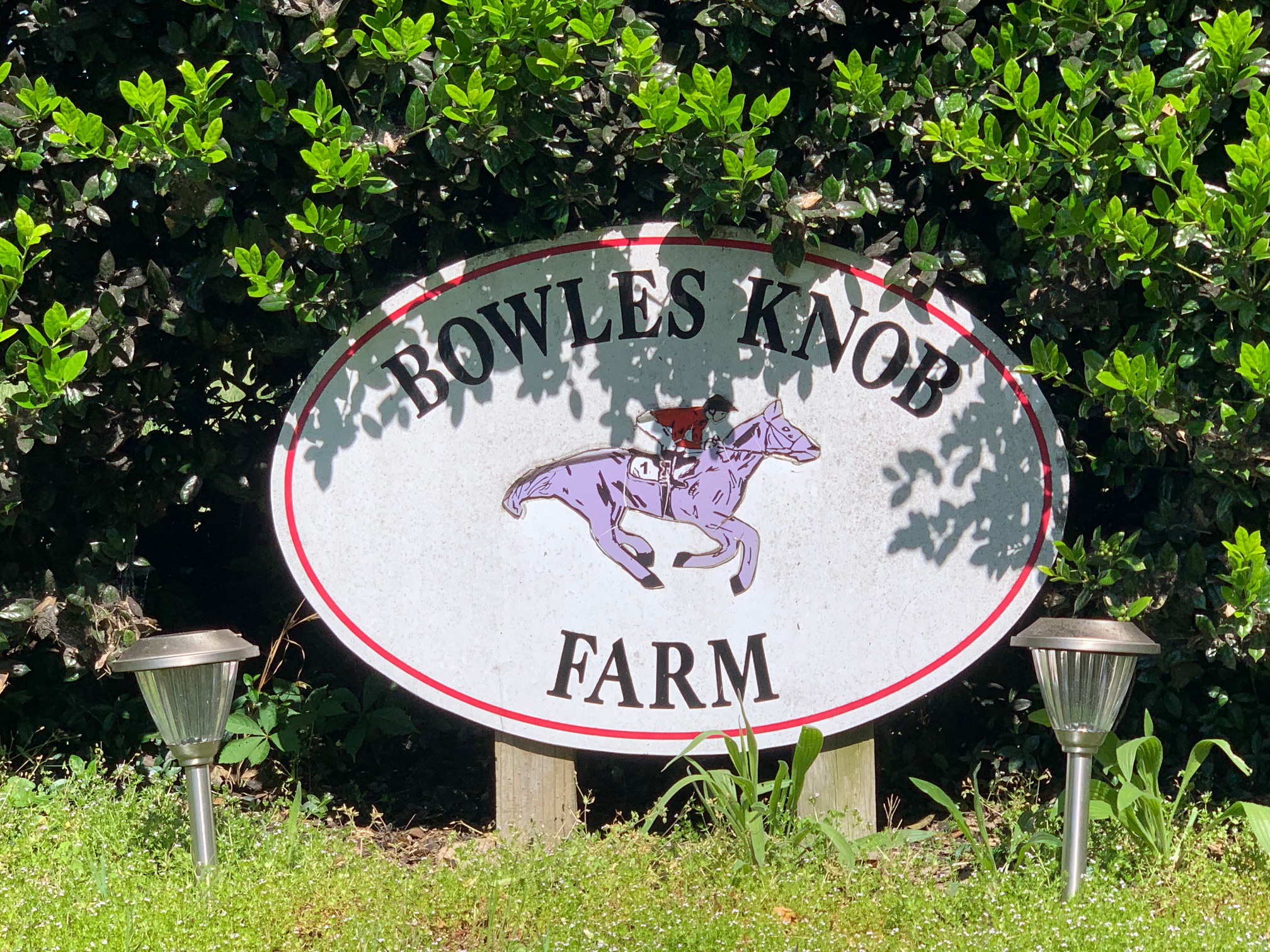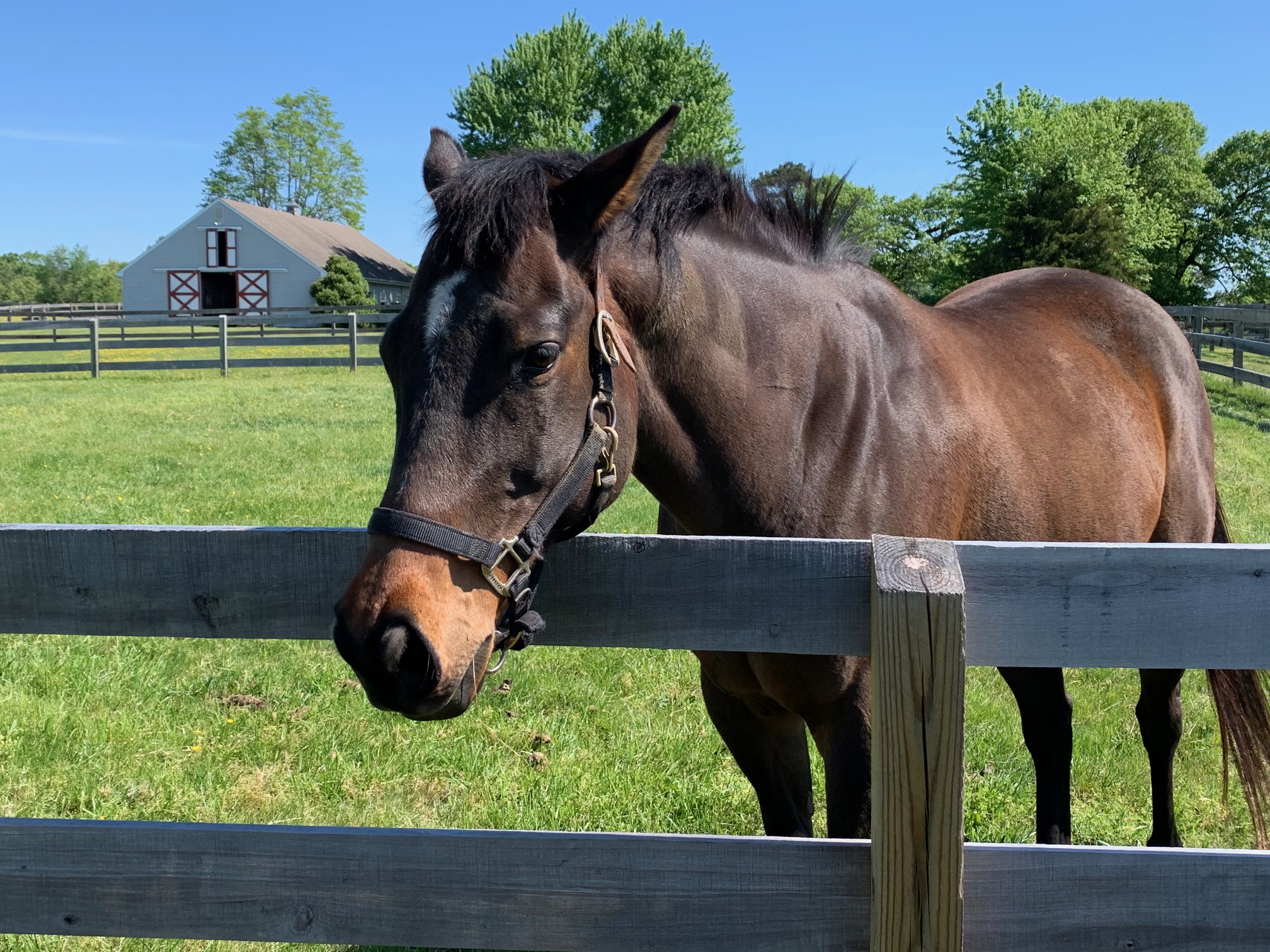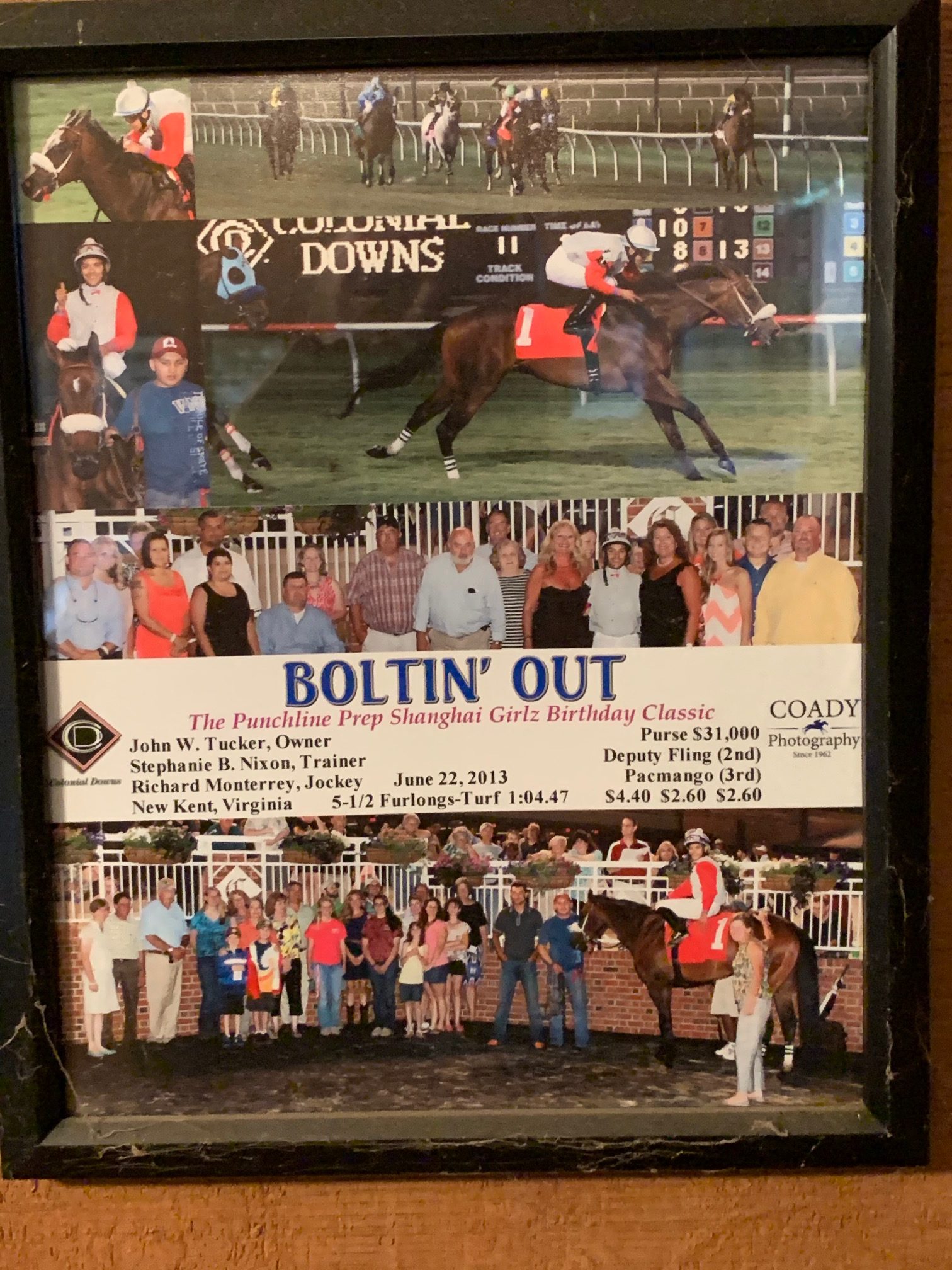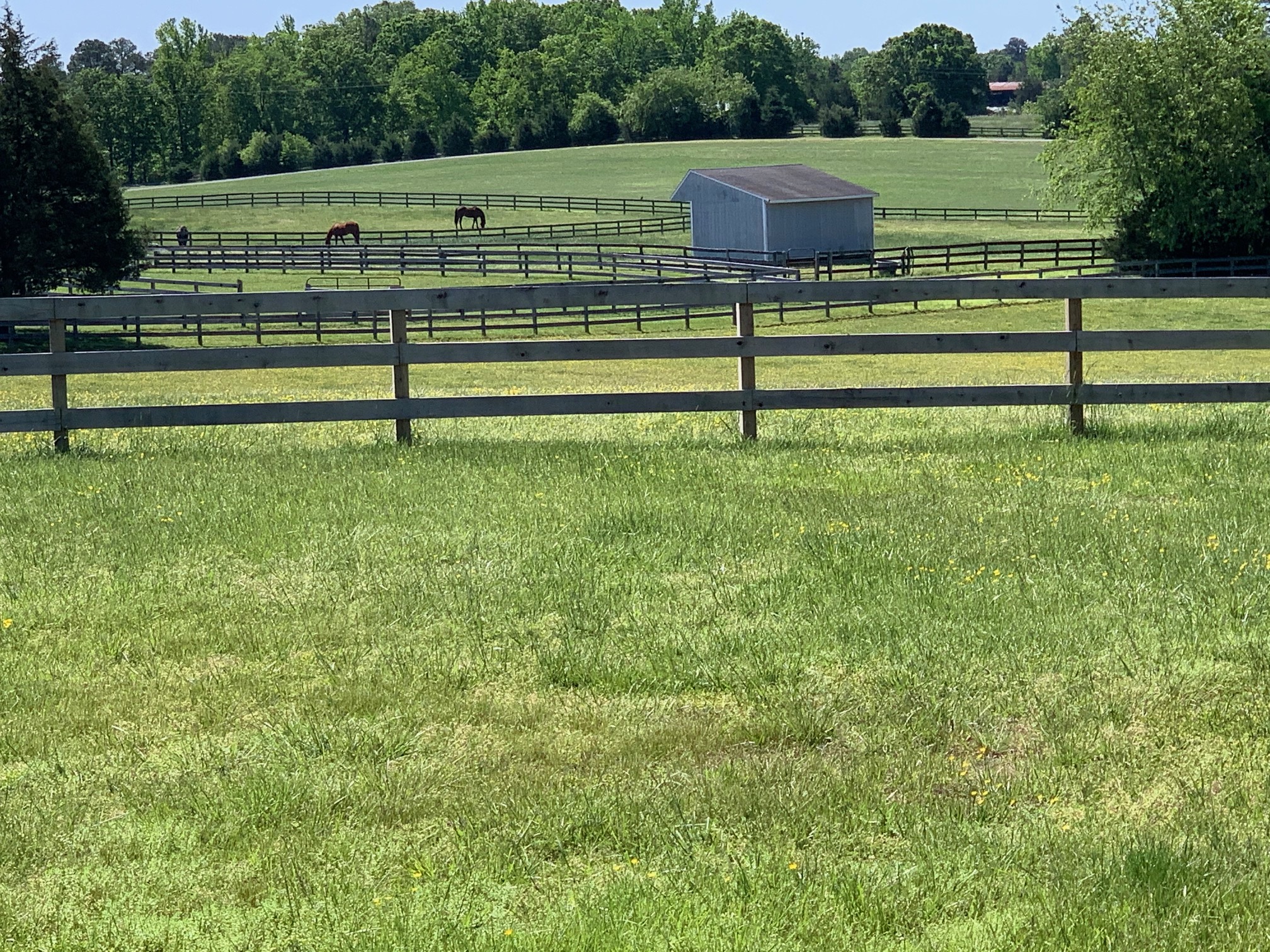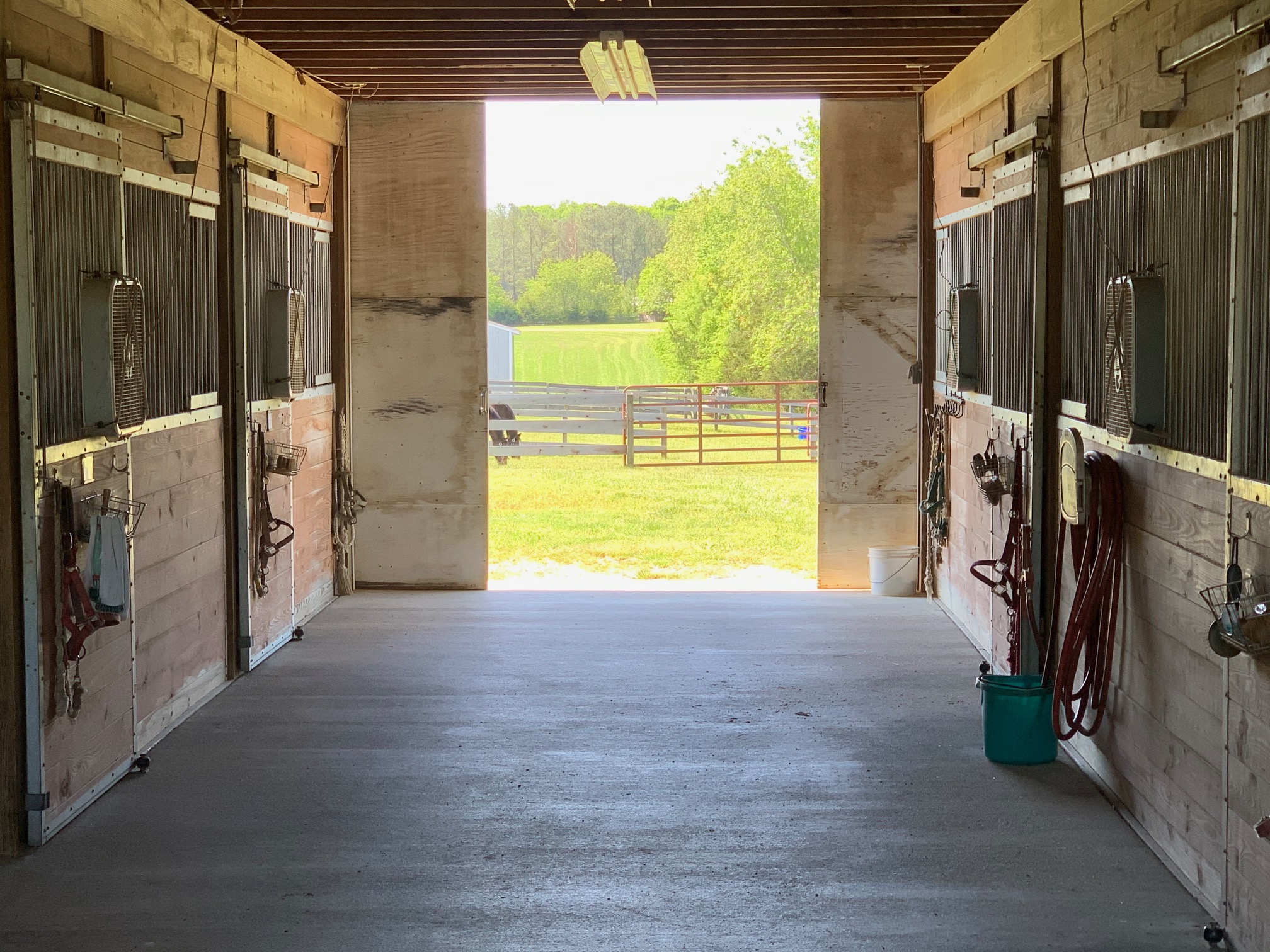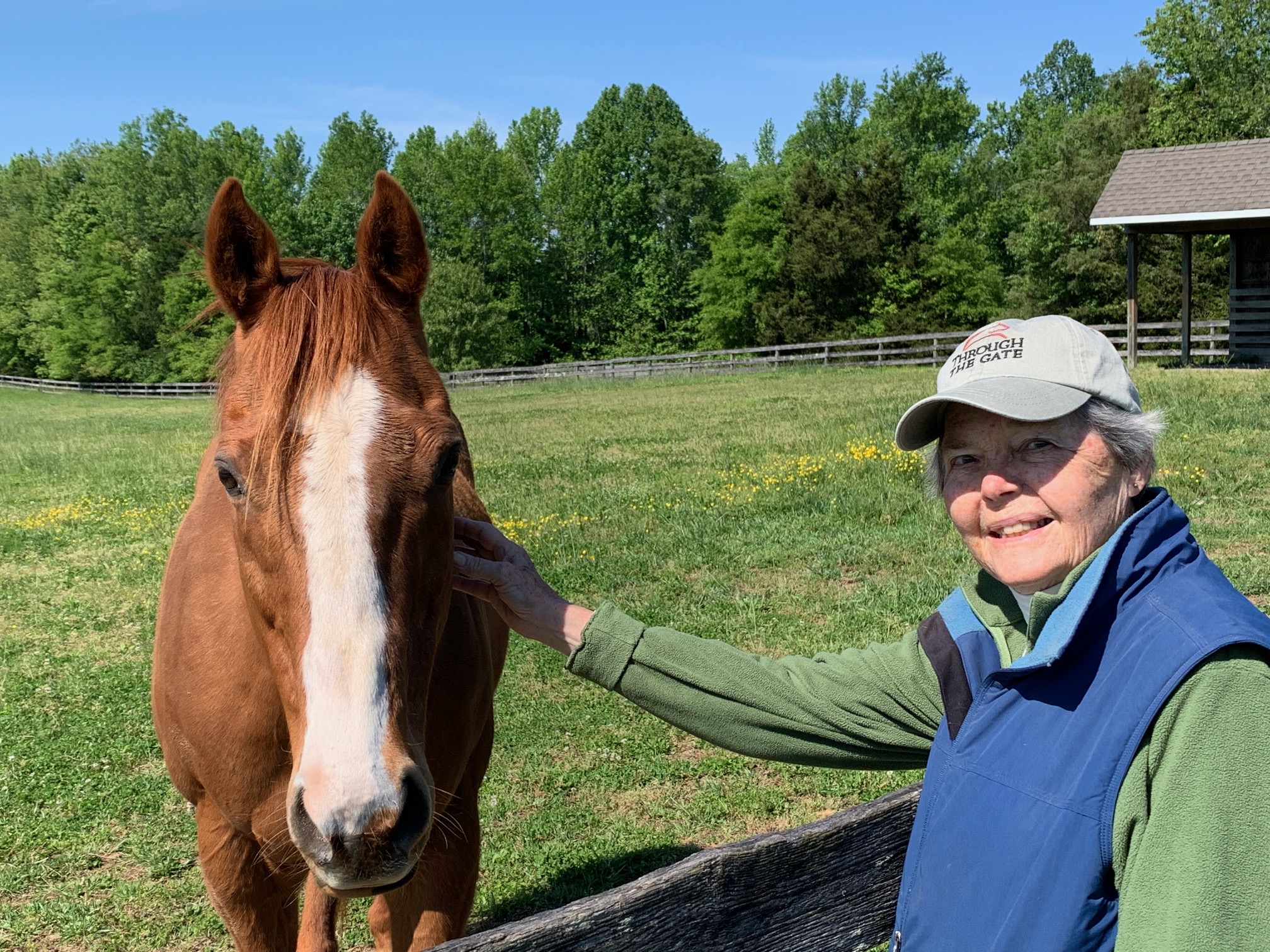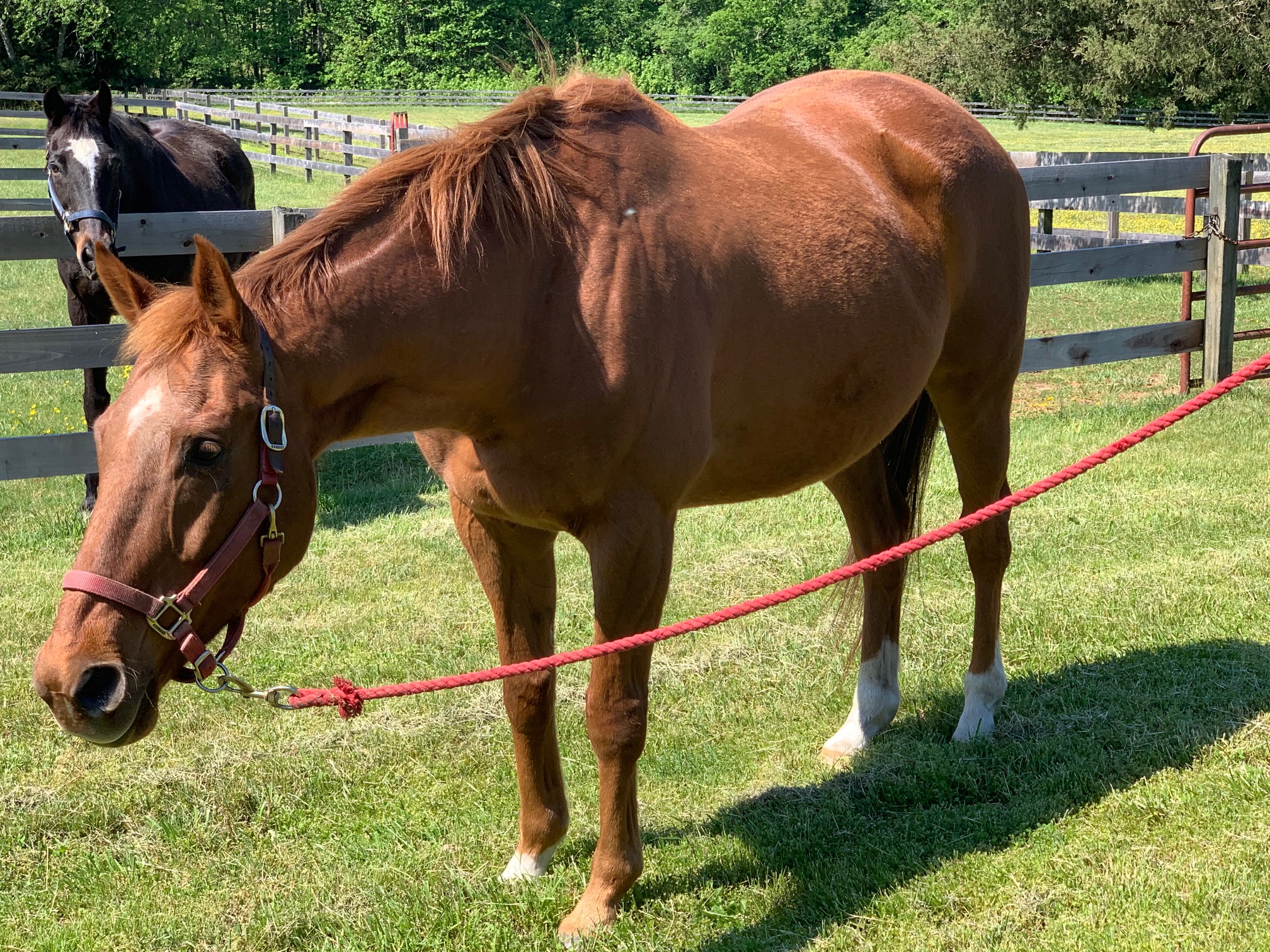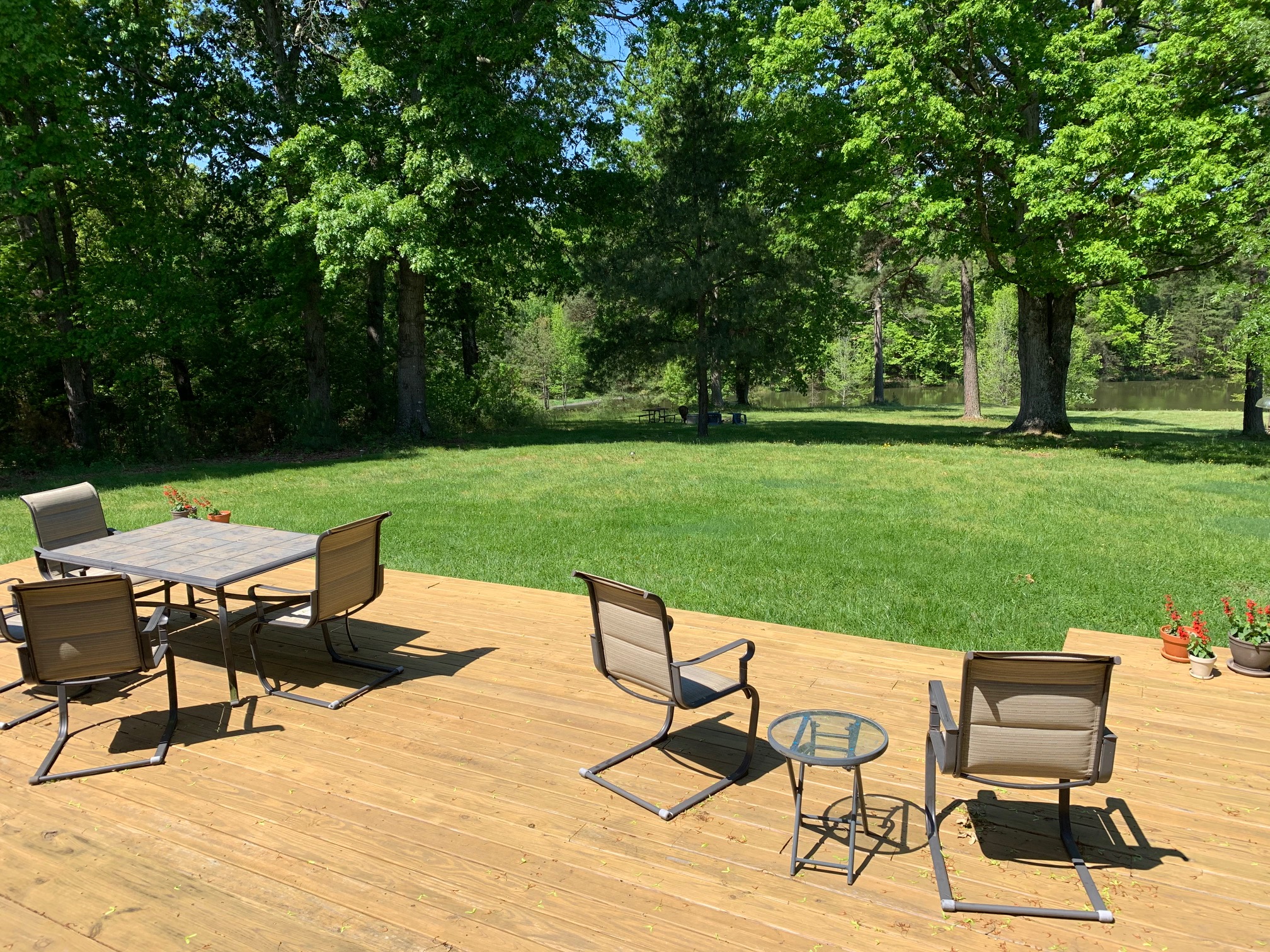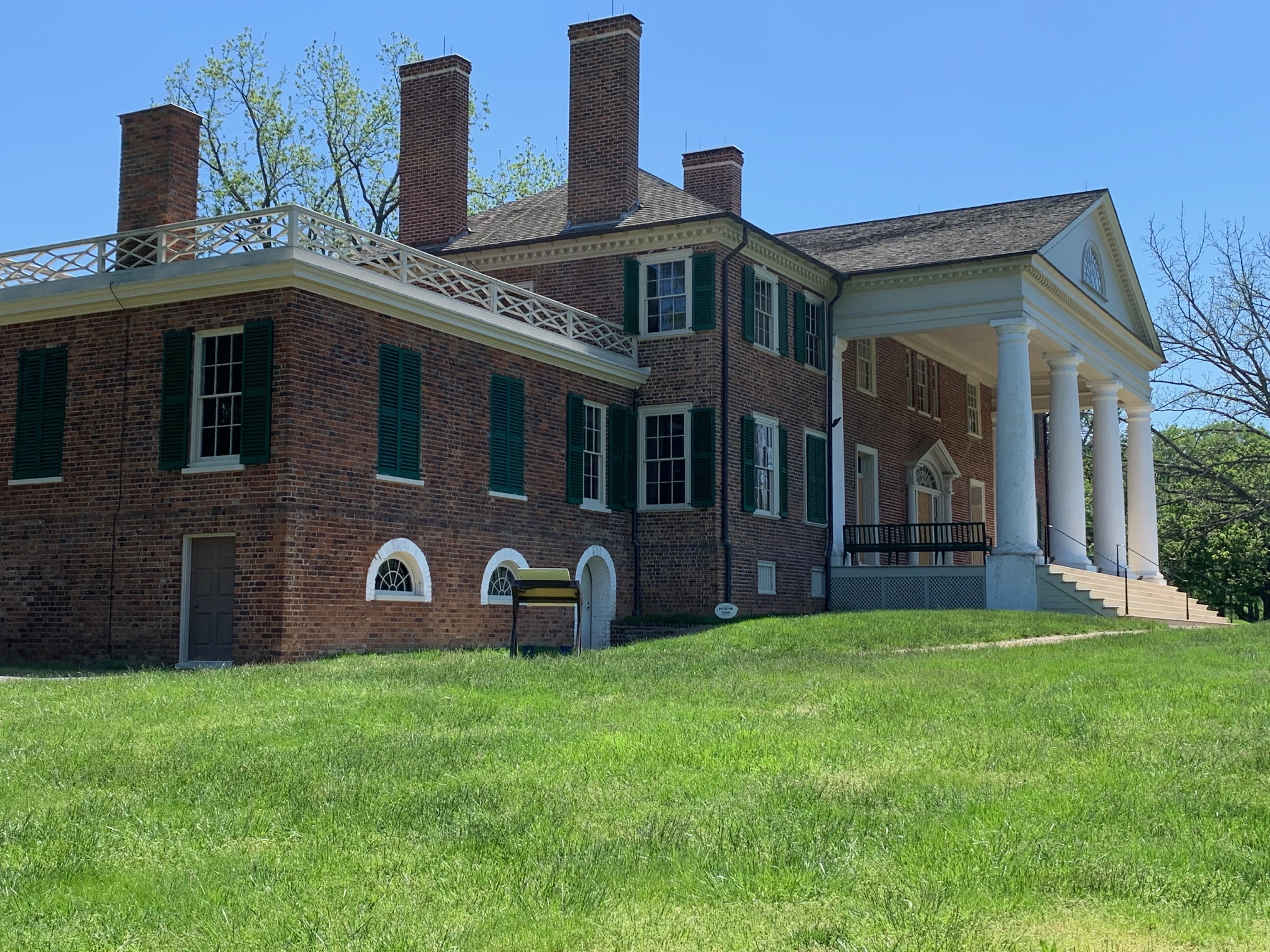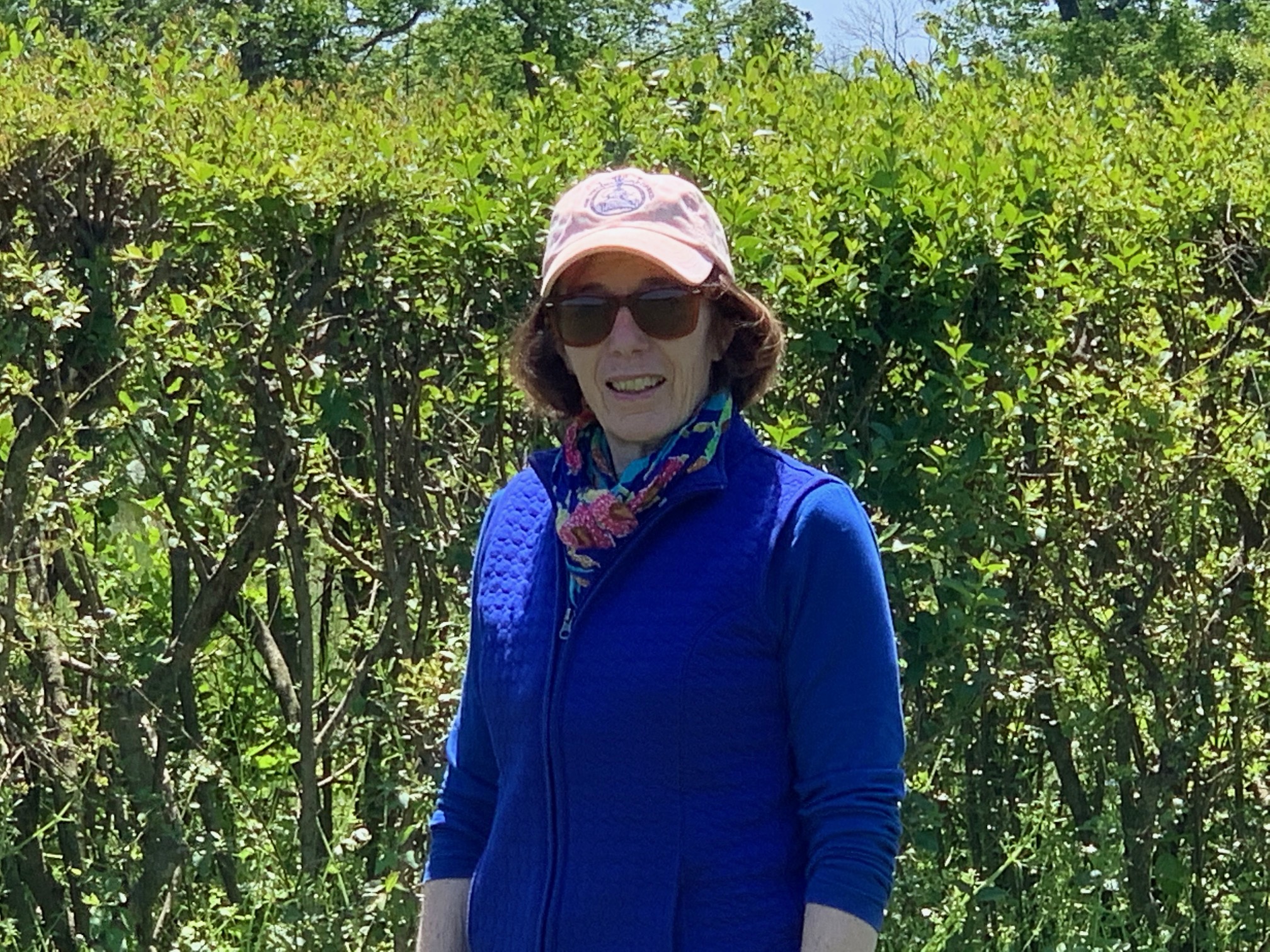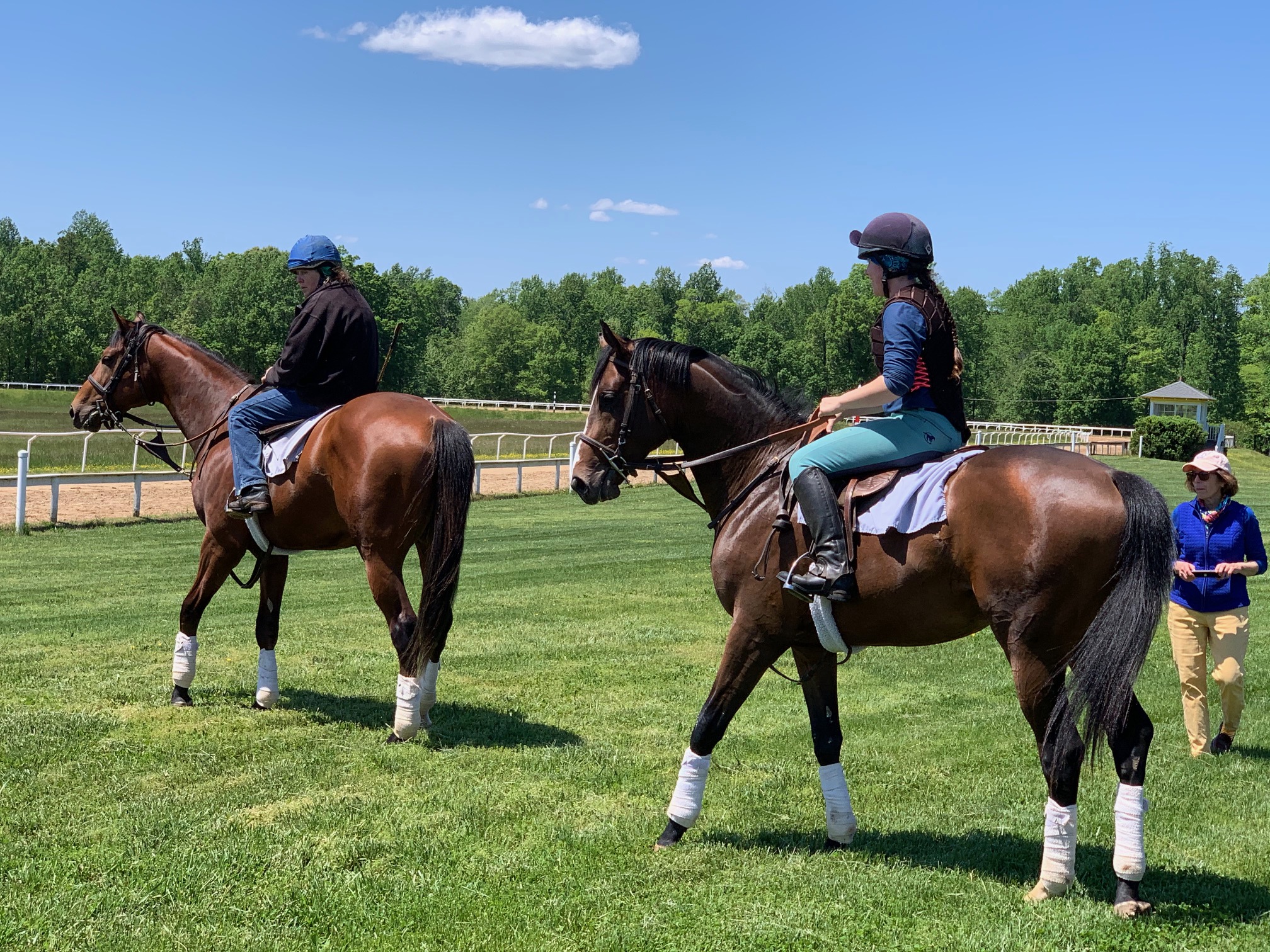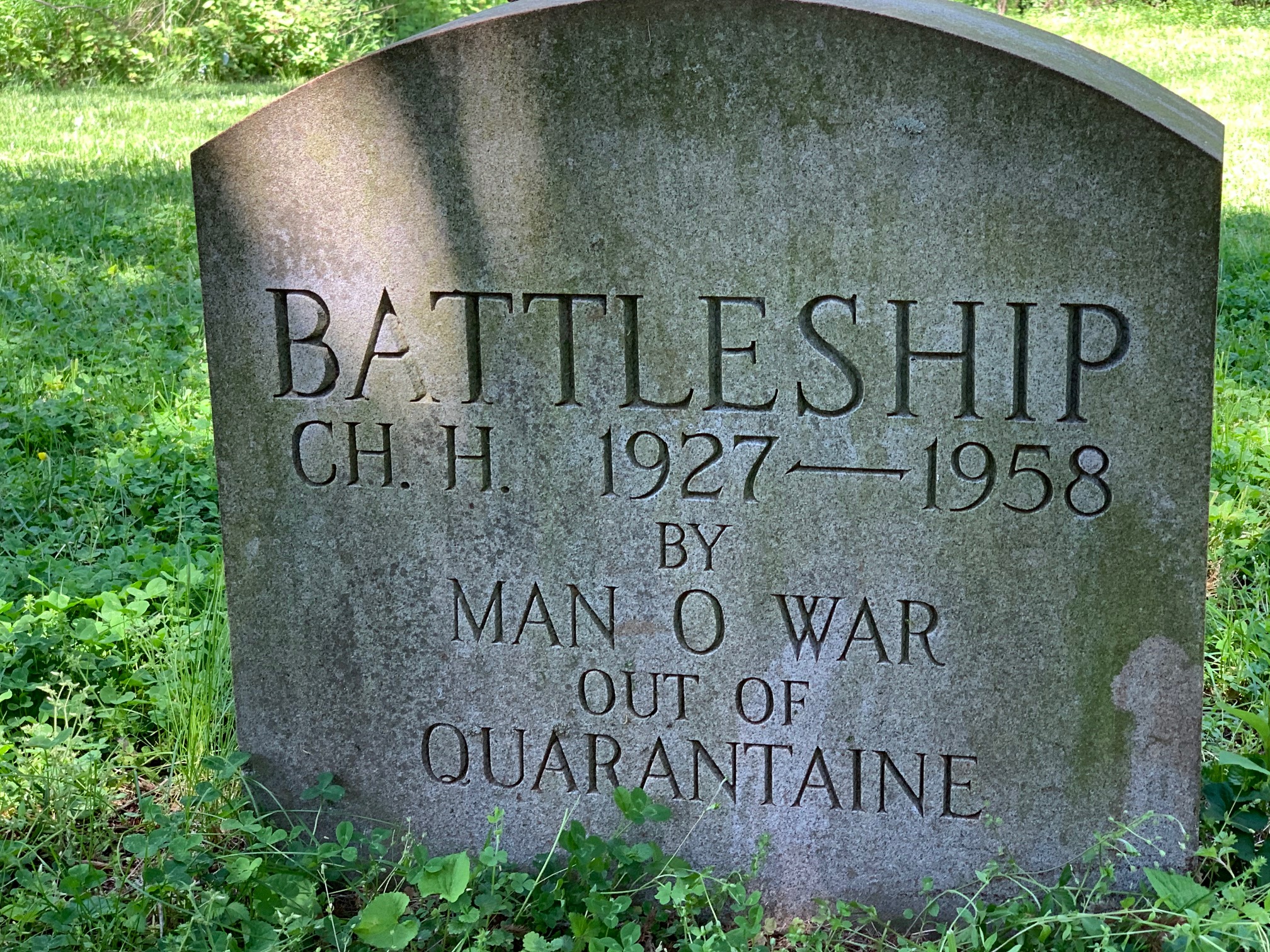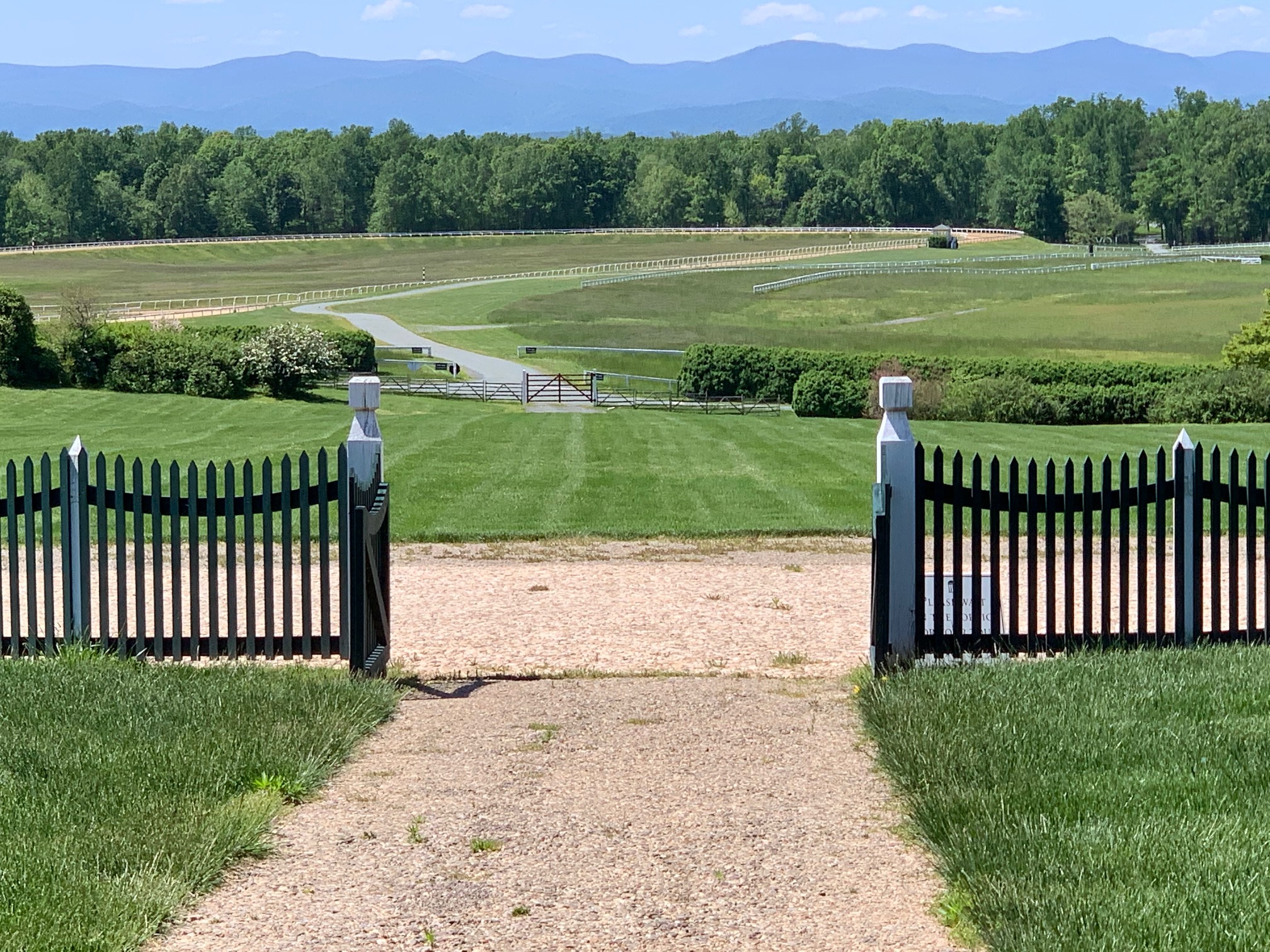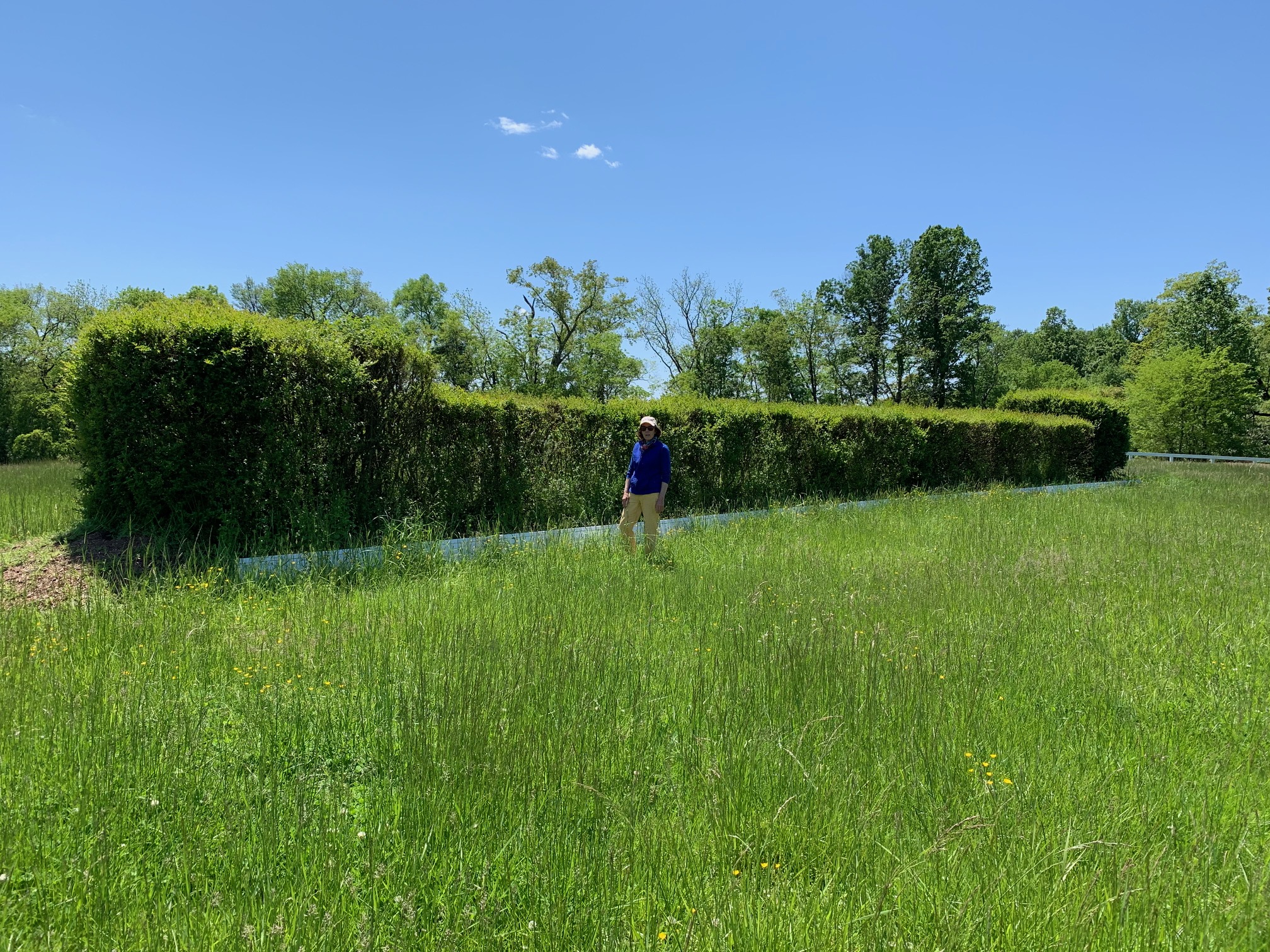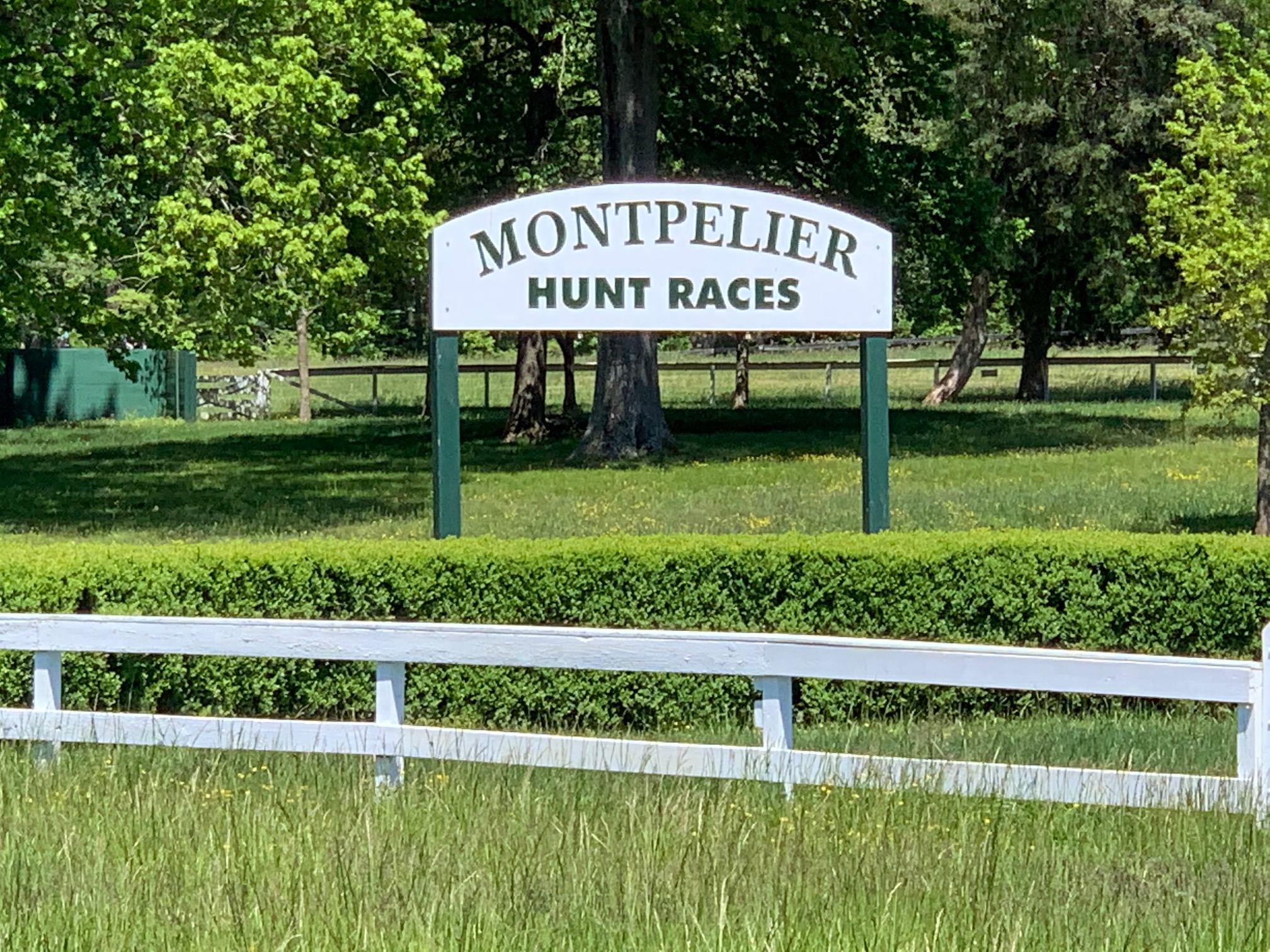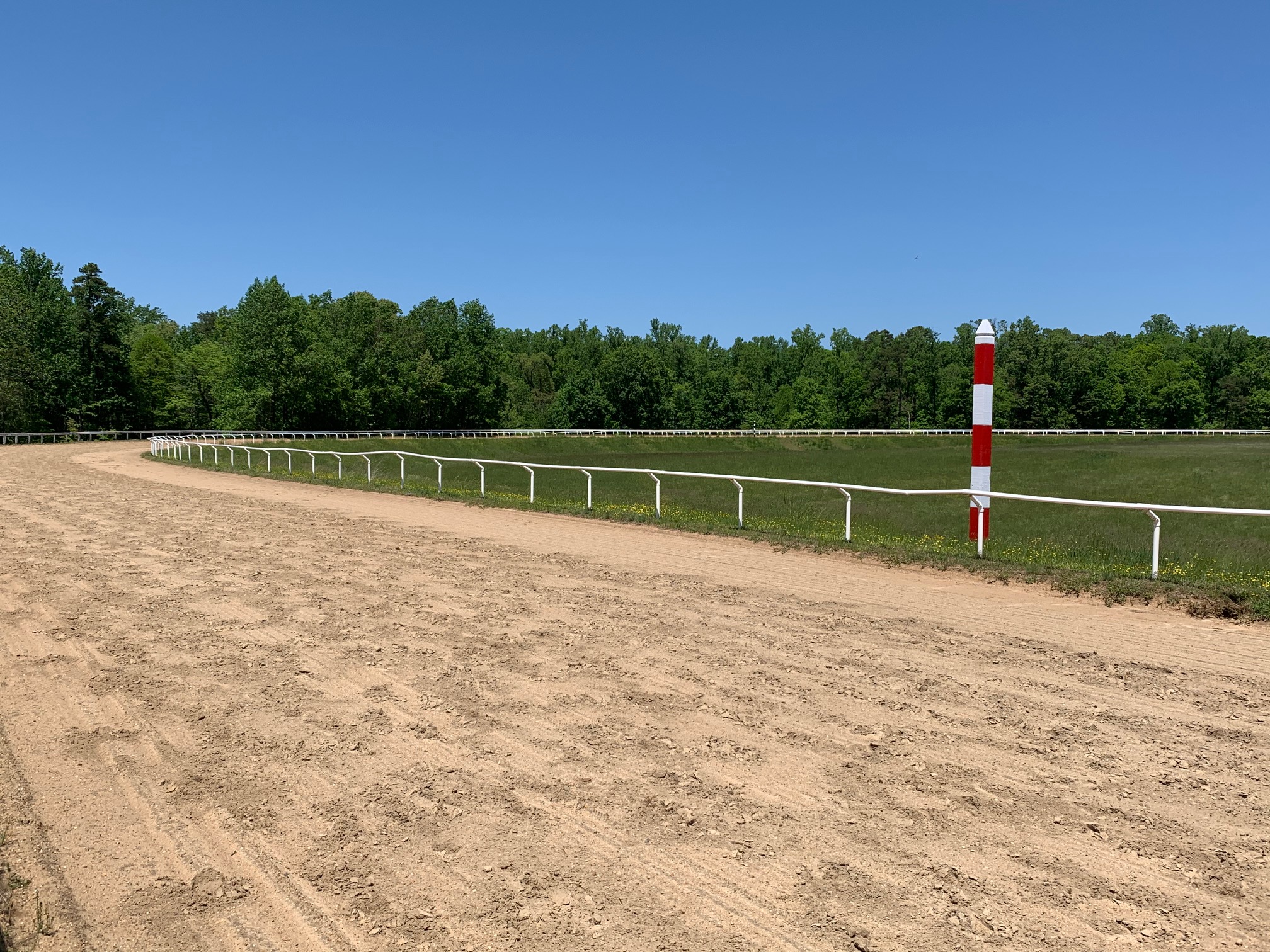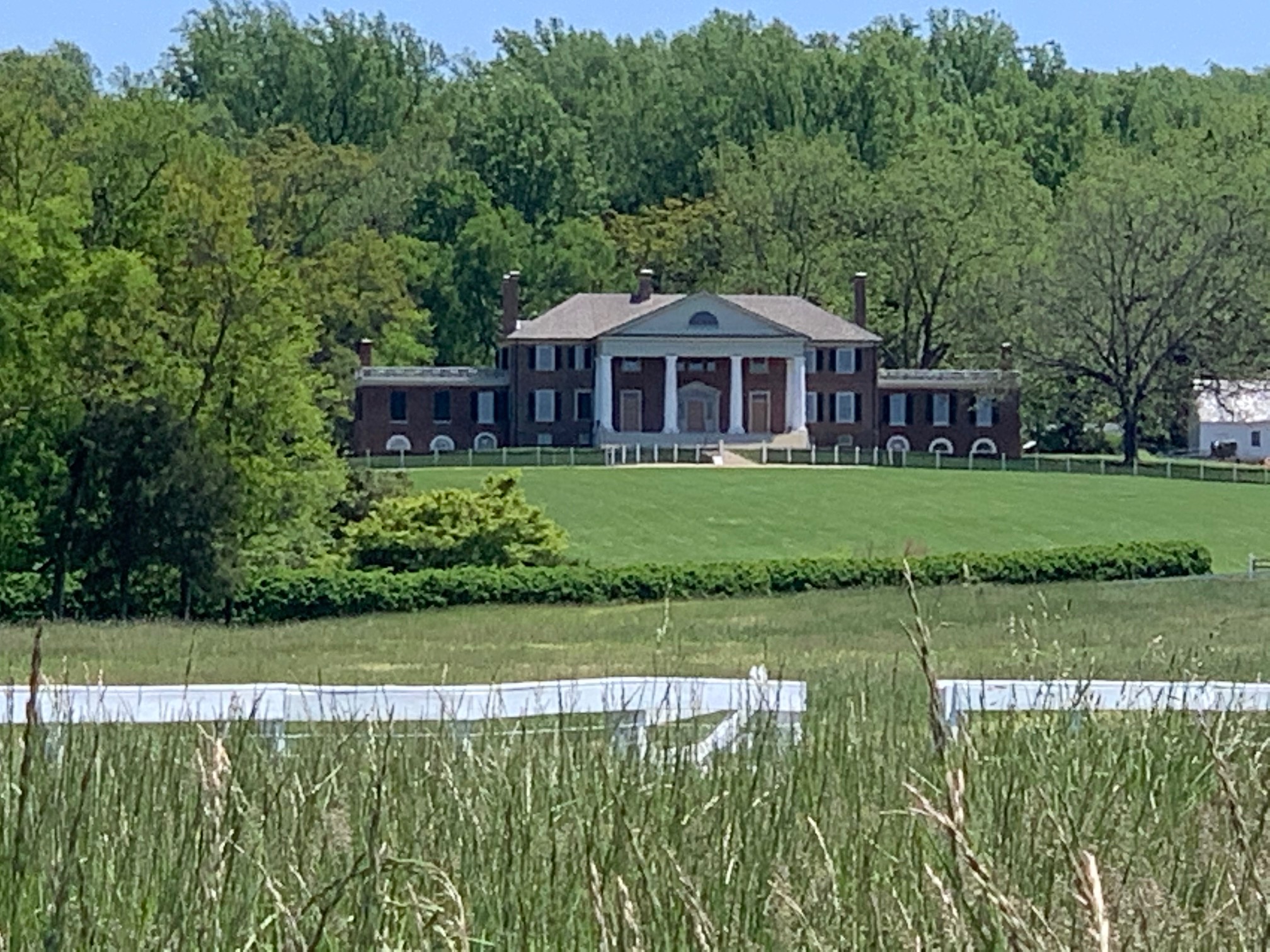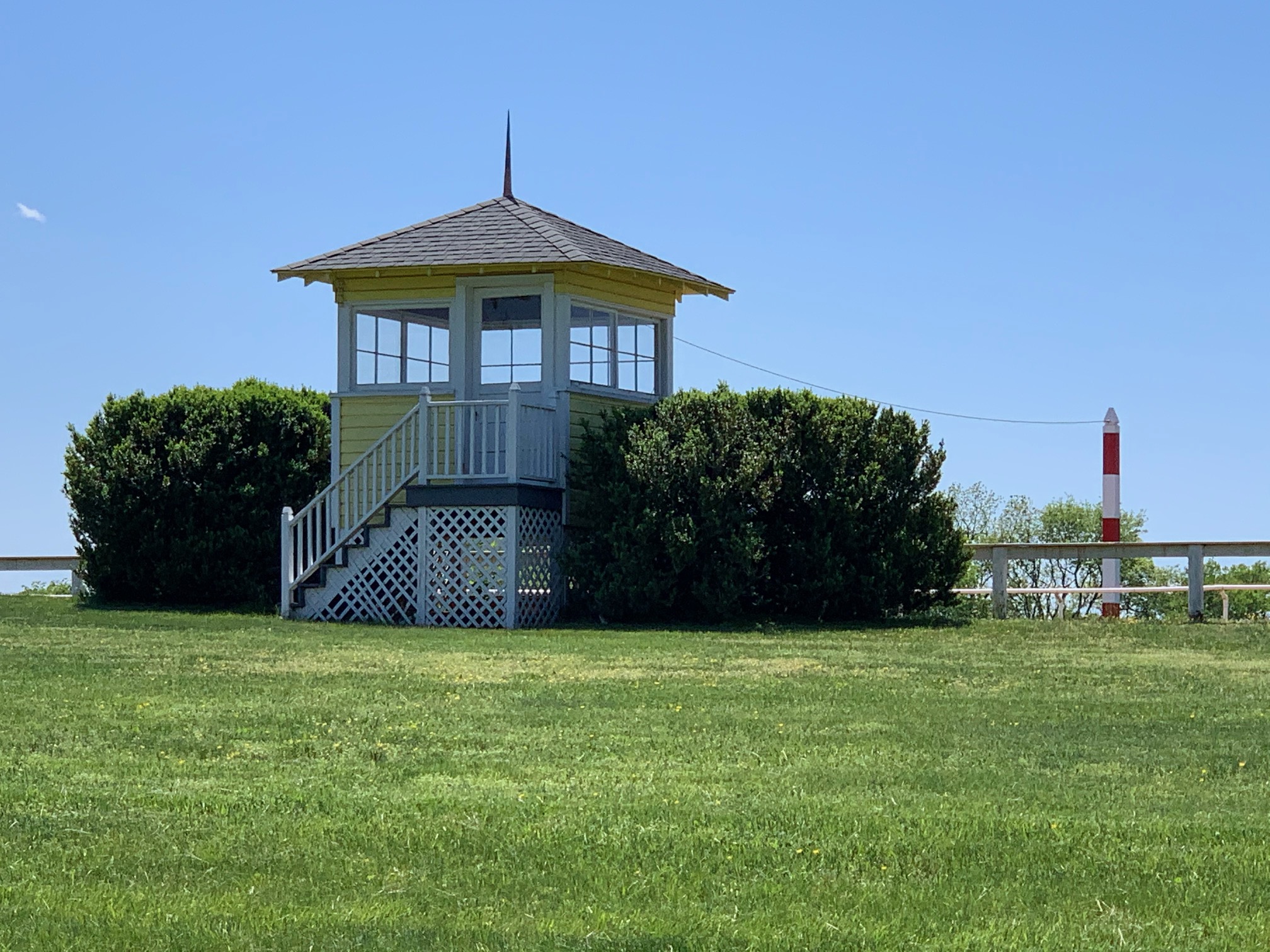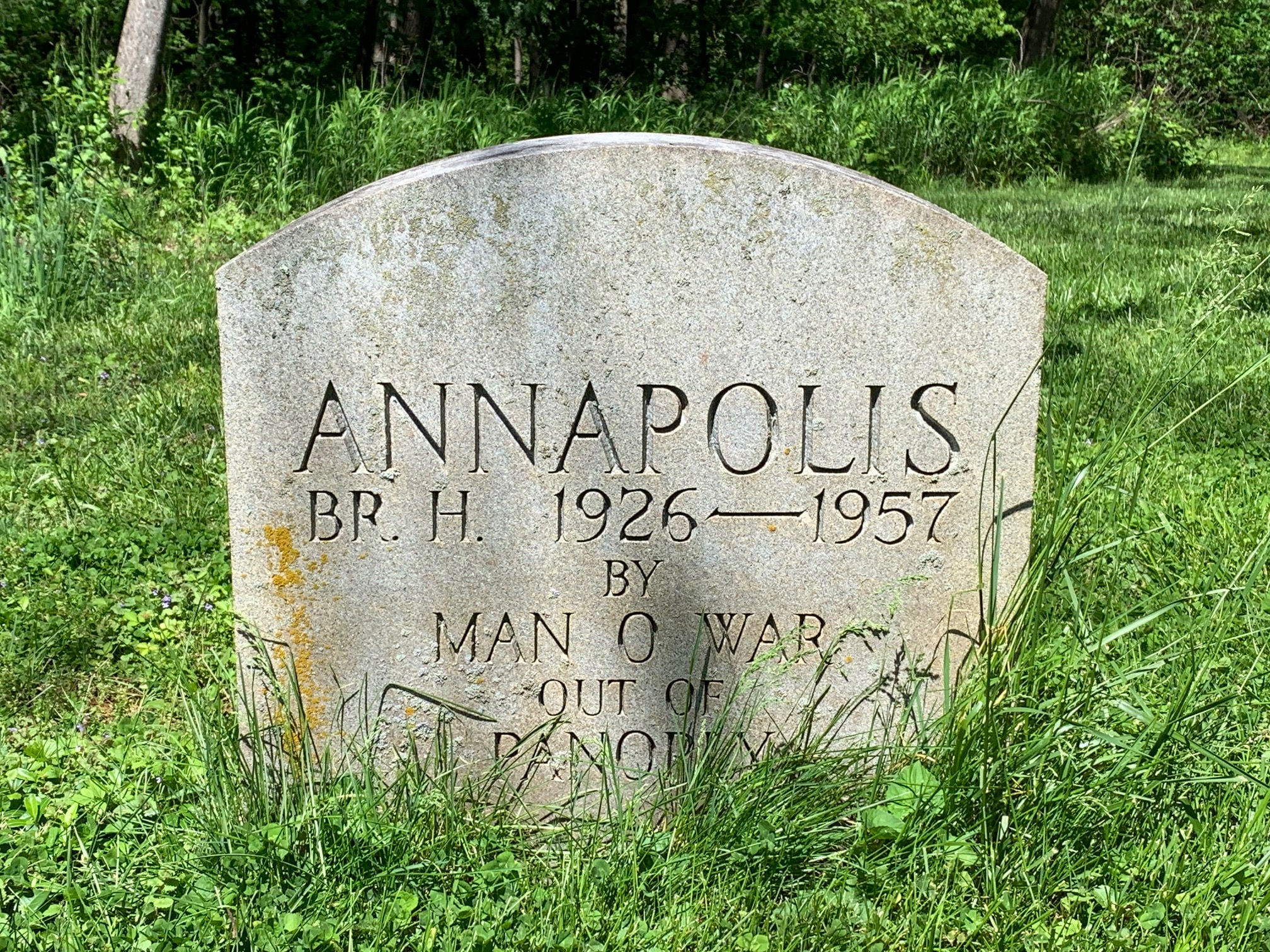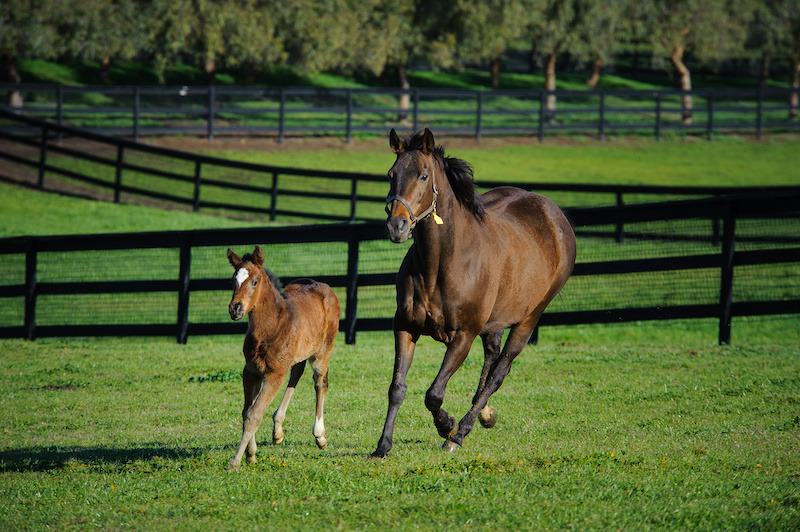NSA Official Notices Friday, May 29, 2020
NSA Spring Race Schedule: Please see the attached conditions for the Middleburg Spring Races and the Virginia Gold Cup. Both the Middleburg Spring Races and the Virginia Gold Cup will be run under NSA Rules and will be held without spectators. An NSA license is the only requirement to participate at these race meets.
The specific protocols for participants at both the Middleburg Spring Races and the Virginia Gold Cup will be forthcoming.
Middleburg Spring Races Entries for Middleburg close next Monday, June 1.
Substitute Race for Middleburg and Virginia Gold Cup
(Ratings Handicap Hurdle) Purse $25,000. Hurdle Handicap. For Four Year Olds and Upward which are rated 125 or lower. The highest rated horse will be assigned 158 lbs. with all other weights adjusted accordingly based on the current ratings. Minimum weight 140 lbs., not including apprentice allowances. Entry fee $125; $125 additional if not scratched on time Wednesday; $500 additional to start. Two Miles and One Furlong over National Fences
Extra Race for Virginia Gold Cup
The Louis Neilson, III (Amateur Apprentice Timber) Purse $10,000. Timber. For Five Year Olds and Upward. To be ridden by amateur apprentice riders. 170 lbs. Non-winners of a timber stakes, allowed 5 lbs.; of a race over timber, 10 lbs. Riders who have never won a race, allowed 5 lbs. No other rider allowances. Entry fee $50; $50 additional if not scratched on time Wednesday; $200 additional to start. About Three Miles over Timber
Ratings Please see the current ratings list. Note: Fillies/Mares and Four-Year-Olds will be allowed 4 lbs. additional in a Ratings Handicap.
THE 100th ANNUAL MIDDLEBURG SPRING RACES GLENWOOD PARK COURSE MIDDLEBURG, VIRGINIA SATURDAY, JUNE 13, 2020 FIRST RACE – 1:00 P.M. TOTAL PURSES $190,000
ENTRIES CLOSE 11:00 A.M. – MONDAY, JUNE 1 SCRATCHES BY 10:00 A.M. -WEDNESDAY, JUNE 10
FIRST RACE 1 THE GLENWOOD HURDLE (Allowance Hurdle) Purse $25,000. Hurdle. For Four Year Olds and Upward which have never won two races. Four-year-olds, 148 lbs.; older, 154 lbs. Entry fee $125; $125 additional if not scratched on time Wednesday; $500 additional to start. Two Miles and One Furlong over National Fences.
SECOND RACE 2 THE MIDDLEBURG HUNT CUP (Open Timber) Purse $20,000. Timber. For Five Year Olds and Upward. Five-year-olds, 160 lbs.; older, 165 lbs. Non-winners of two races over timber, allowed 5 lbs.; of a race, 10 lbs. (Amateur apprentice timber races not considered). Entry fee $100; $100 additional if not scratched on time Wednesday; $400 additional to start. Three Miles and One Quarter over Timber.
THIRD RACE 3 THE TEMPLE GWATHMEY (Grade III) (Sport of Kings Hurdle Stakes) Nominations Close Monday, June 1 Purse $50,000. Hurdle Handicap. For Four Year Olds and Upward. Nomination fee $125; $125 additional to enter; $250 additional if not scratched on time Wednesday; $1,000 additional to start. No Supplementary Nominations. In addition to NSA fees, 5% of any purse money earned in this race will be deducted as a fee to the Sport of Kings Reserve Purse Fund. Two Miles and One Half over National Fences.
FOURTH RACE 4 THE VIRGINIA EQUINE ALLIANCE MAIDEN HURDLE RUN IN MEMORY OF PAUL R. FOUT (Maiden Hurdle) Purse $20,000. Hurdle. For Maidens, Four Years Old and Upward. Four-year-olds, 148 lbs.; older, 154 lbs. Entry fee $100; $100 additional if not scratched on time Wednesday; $400 additional to start. Two Miles and One Furlong over National Fences. This race may be split with a $20,000 purse in each division, with Four-Year-Olds in one division. Note: This race is sponsored in part by the VEA for the promotion and growth of steeplechase racing in Virginia.
FIFTH RACE 5 (Maiden Filly/Mare Hurdle) Purse $15,000. Hurdle. For Maiden Filly/Mares, Four Years Old and Upward. Four-year-olds, 147 lbs.; older, 153 lbs. Entry fee $75; $75 additional if not scratched on time Wednesday; $300 additional to start. Two Miles and One Furlong over National Fences
SIXTH RACE 6 (Maiden Claiming Hurdle) Purse $10,000. Hurdle. For Maidens, Four Years Old and Upward. Four-year-olds, 150 lbs.; older, 156 lbs. Claiming price $15,000. For each $2,500 to $10,000, allowed 3 lbs. Entry fee $50, $50 additional if not scratched on time Wednesday; $200 additional to start. Two Miles and One Furlong over National Fences
SEVENTH RACE 7 (Training Flat) For Three Year Olds and Upward. Three-year-olds, 145 lbs.; older, 155 lbs. Maidens allowed 5 lbs. Jump riders are eligible for applicable jump apprentice allowances. The result of this race does not count toward a horse’s offi cial record. One Mile and One Half on the Turf.
EIGHTH RACE 8 THE ALFRED M. HUNT (Steeplethon) Purse $20,000. Timber. For Five Year Olds and Upward. 160 lbs. Entry fee $100; $100 additional if not scratched not time Wednesday; $400 additional to start. Two Miles and Five Furlongs over the Alfred Hunt Course.
NINTH RACE 9 (Maiden Timber) Purse $10,000. Timber. For Five Year Olds and Upward which have never won over timber. Five-year-olds, 160 lbs.; older, 165 lbs. Entry fee $50; $50 additional if not scratched on time Wednesday; $200 additional to start. Three Miles over Timber
RACE COMMITTEE LAUREN WOOLCOTT, Chairman P. DOUGLAS FOUT, President & Clerk of the Course F. TURNER REUTER, JR., Vice President MIDDLEBURG SPRING RACE ASSOCIATION P. O. Box 1173 Middleburg, VA 20118 107 West Federal, Unit 9B Middleburg, VA 20117 (Physical Address) 540-687-6545 middleburgspring@gmail.com www.middleburgspringraces.com
*******************************************
THE 95th RUNNING OF THE VIRGINIA GOLD CUP GREAT MEADOW RACE COURSE (Irrigated) THE PLAINS, VIRGINIA SATURDAY, JUNE 27, 2020 FIRST RACE – 12:30 P.M. TOTAL PURSES $185,000
ENTRIES CLOSE 11:00 A.M. – MONDAY, JUNE 22 SCRATCHES BY 10:00 A.M. – WEDNESDAY, JUNE 24
FIRST RACE 10 THE VIRGINIA EQUINE ALLIANCE MAIDEN HURDLE (Maiden Hurdle) Purse $20,000. Hurdle. For Maidens, Four Years Old and Upward. Four-year-olds, 148 lbs.; older, 154 lbs. Entry fee $100; $100 additional if not scratched on time Wednesday; $400 additional to start. Two Miles and One Furlong over National Fences. This race may be split 3 ways with a $20,000 purse in each division, with Four-Year-Olds in one division. Note: This race is sponsored in part by the VEA for the promotion and growth of steeplechase racing in Virginia.
SECOND RACE 11 (Steeplethon) Purse $20,000. Timber. For Five Year Olds and Upward. 160 lbs. Entry fee $100; $100 additional if not scratched on time Wednesday; $400 additional to start. Three Miles over the Steeplethon Course.
THIRD RACE 12 THE DAVID SEMMES MEMORIAL (Sport of Kings Hurdle Stakes) Nominations Close Monday, June 15 Purse $35,000. Hurdle. For Four Year Olds and Upward. Four-year-olds, 152 lbs.; older, 158 lbs. Non-winners of $45,000 twice in 2019-2020, allowed 4 lbs.; of $45,000 once in 20192020, 8 lbs.; of $45,000 once at any time, 12 lbs. (Novice races not considered in estimating allowances). Nomination fee $75; $100 additional to enter; $175 additional if not scratched on time Wednesday; $700 additional to start. Supplementary nominations, at a cost of $350, may be made at the time of entry. In addition to NSA fees, 5% of any purse money earned in this race will be deducted as a fee to the Sport of Kings Reserve Purse Fund. Two Miles and One Furlong over National Fences
FOURTH RACE 13 THE VIRGINIA GOLD CUP (Timber Stakes) Nominations Close Monday, June 15 Purse $40,000. Timber. For Five Year Olds and Upward. 165 lbs. Nomination fee $100; $100 additional to enter; $200 additional if not scratched on time Wednesday; $800 additional to start. Supplementary nominations, at a cost of $400, may be made at the time of entry. Four Miles over the Virginia Gold Cup Timber Course.
FIFTH RACE 14 (Maiden Claiming Hurdle) Purse $10,000. Hurdle. For Maidens, Four Years Old and Upward. Four-year-olds, 150 lbs.; older, 156 lbs. Claiming price $15,000. For each $2,500 to $10,000, allowed 3 lbs. Entry fee $50, $50 additional if not scratched on time Wednesday; $200 additional to start. Two Miles and One Furlong over National Fences.
SIXTH RACE 15 (Ratings Handicap Hurdle) Purse $20,000. Hurdle Handicap. For Four Year Olds and Upward which are rated 115 or lower. The highest rated horse will be assigned 158 lbs. with all other weights adjusted accordingly based on the current ratings. Minimum weight 140 lbs., not including apprentice allowances. Entry fee $100; $100 additional if not scratched on time Wednesday; $400 additional to start. Two Miles and One Furlong over National Fences.
NOTICES Virginia breds are preferred in all races. Virginia bred, sired or certified horses will be eligible for a 25% owners’ bonus with a $10,000 cap for any win in all races.
VIRGINIA GOLD CUP OFFICE: DR. WILLIAM H. ALLISON, Co-Chairman DR. ALFRED C. GRIFFIN, Co-Chairman DIANE JONES, Executive Director P. O. Box 840, Warrenton, VA 20188-0840 Phone: 540-347-2612 Fax: 540-349-1829 www.vagoldcup.com
